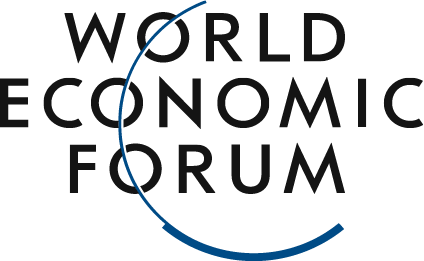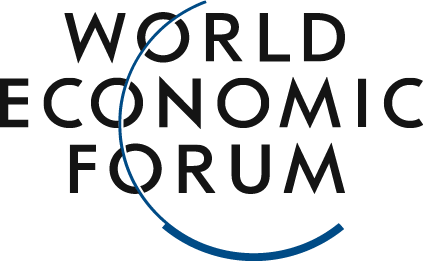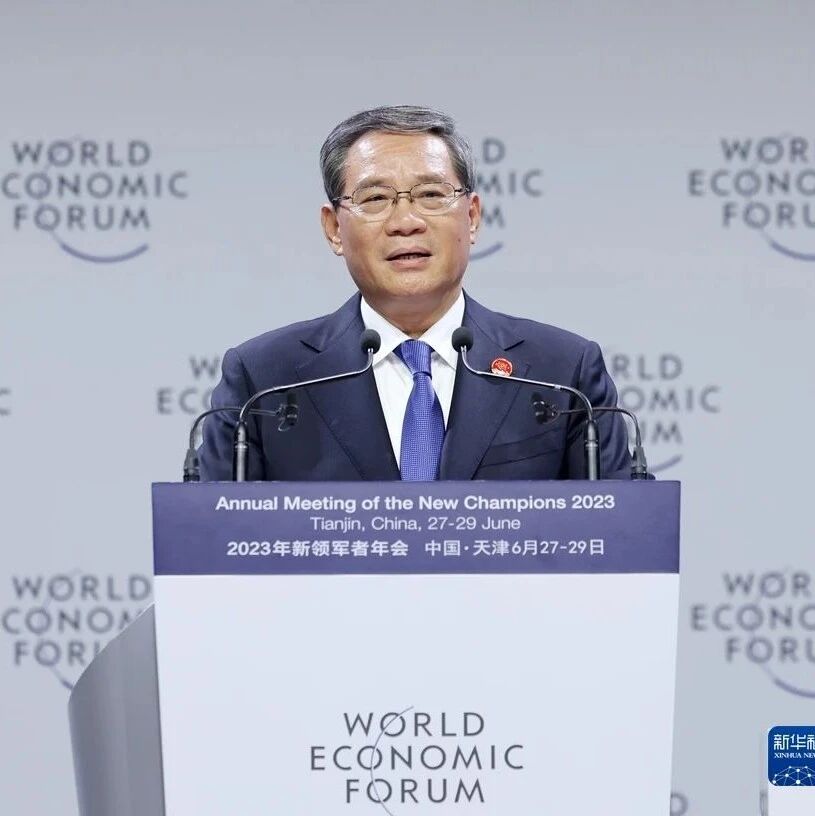

:Photo by Vesky/Unsplash
Faissal Sharif
,5
,
,,
,,,,,,
,5,2030,
,,,,,,,
(WHO),1019,25,
,,
(OECD),,,1624,,
,,,,,
,,,,13%,15,
(Global Shapers Community Impact Report),64%,,83%,,,
,,
,,,39%,,
:,,,,,
,Dare2Care,,12000,
To prevent long-term social and economic losses, we need to adopt a diversified approach that combines early intervention programs, school-based counseling, and innovative digital solutions. Importantly, these interventions must be tailored individually to meet the unique needs of different populations. For instance, digital platforms like Memnun offer specialized psychological resilience training specifically designed for people of color, while organizations such as Sesame Workshop have created culturally relevant materials—in languages like Dari and Ukrainian—for displaced children. Such targeted initiatives are also deeply inclusive, ensuring that brain health support services reach every adolescent group without leaving anyone behind.
Creating brain-healthy workspaces for Generation Z
The new generation of professionals urgently needs workspaces that support cognitive health—but most companies still fall short of meeting these demands. To ensure future productivity, businesses must rethink workplace design by incorporating more natural light, creating quiet zones for deep focus, and establishing adaptable collaboration spaces that inspire employees’ creativity and build mental resilience. Ultimately, the ideal workplace for brain health should integrate mindful break periods, flexible work schedules aligned with natural productivity rhythms, and digital minimalism that reduces cognitive overload—paving the way for a healthier, more productive workforce.
Companies should adopt "neuro-inclusive" practices to accommodate the diverse cognitive styles and sensory needs of their employees, particularly those with neurodiversity. Unfortunately, most organizations still lack robust policies aimed at combating burnout—such as mandatory limits on working hours, enforced periods of digital disconnection, and clear boundaries between work and personal life. According to Randstad’s latest Workmonitor Report, work-life balance has now surpassed compensation as employees’ top priority—but surprisingly, few companies have yet made meaningful adjustments to address this growing concern.
Employers must invest in fostering a supportive environment to build a resilient workforce that is both innovative and capable of maintaining a competitive edge in the knowledge-based economy.
Young people need to fully unlock their potential to tackle increasingly urgent challenges. Today, the youth brain crisis is presenting unprecedented economic hurdles. By making strategic investments in brain health, we can lay the foundation for future prosperity. The cost of inaction is irreversible—if we don’t act decisively today, we risk plunging into economic downturns and squandering humanity’s vast untapped potential tomorrow.

The above content solely represents the author's personal views.This article is translated from the World Economic Forum's Agenda blog; the Chinese version is for reference purposes only.Feel free to share this in your WeChat Moments; please leave a comment at the end of the post or on our official account if you’d like to republish.
Translated by: Sun Qian | Edited by: Wang Can
The World Economic Forum is an independent and neutral platform dedicated to bringing together diverse perspectives to discuss critical global, regional, and industry-specific issues.
Follow us on Weibo, WeChat Video Channels, Douyin, and Xiaohongshu!
"World Economic Forum"


